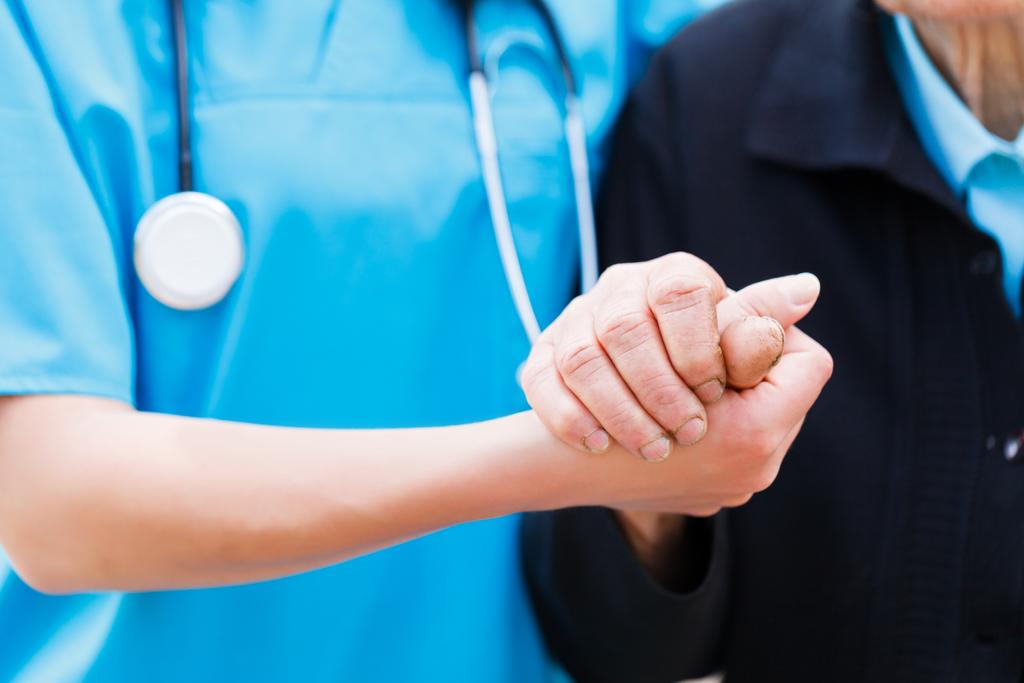Emergency Medical Services (EMS) professionals are unsung heroes who bravely face life-threatening situations to save lives every day. They are exposed to traumatic events, violence, and human suffering on a regular basis, leaving a profound impact on their mental well-being. Post-Traumatic Stress Disorder (PTSD) among EMS personnel is a serious concern that demands attention and support.

In this article, we will explore the causes, symptoms, and consequences of EMS PTSD, as well as shed light on the importance of awareness, prevention, and support systems for these dedicated individuals.
Understanding EMS PTSD: EMS PTSD is a specific form of PTSD that affects emergency medical responders. It can develop as a result of witnessing or experiencing traumatic events while on duty, such as accidents, violent crimes, or medical emergencies involving children or fatalities. These experiences can trigger intense psychological and emotional distress, which can lead to long-lasting effects on the mental health of EMS personnel.
Symptoms of EMS PTSD may include intrusive thoughts or memories, nightmares, flashbacks, hypervigilance, avoidance of triggers, emotional numbness, depression, anxiety, irritability, and difficulties with concentration and sleep. Over time, these symptoms can significantly impact personal relationships, work performance, and overall quality of life.
Causes and Risk Factors: Several factors contribute to the development of EMS PTSD. The unpredictable and high-stress nature of the job, exposure to traumatic incidents, and the constant pressure to perform under extreme circumstances can all contribute to the development of PTSD. Additionally, feelings of helplessness, guilt, or self-blame following unsuccessful resuscitation attempts or witnessing tragic outcomes can exacerbate the risk.
Lack of support systems, inadequate training on coping mechanisms, and societal stigma surrounding mental health issues further complicate the situation. EMS professionals often feel compelled to suppress their emotions, believing that seeking help would be a sign of weakness or hinder their career prospects.
Consequences and Impact: Untreated EMS PTSD can have severe consequences. It not only affects the individual’s mental health but also their physical well-being, job performance, and personal relationships. EMS personnel experiencing PTSD may struggle with substance abuse, self-destructive behaviors, and suicidal ideation. The high-stress environment and lack of proper coping mechanisms can lead to burnout and even early retirement from a profession they once loved.
The impact of EMS PTSD extends beyond the individual. It can strain relationships with family and friends, leading to social isolation and a diminished support network. The ripple effect of untreated PTSD within the EMS community can negatively impact teamwork, communication, and overall morale.
Addressing EMS PTSD: Recognizing the importance of addressing EMS PTSD, it is crucial to implement preventive measures and support systems. Increased awareness campaigns can help reduce the stigma surrounding mental health issues and encourage EMS professionals to seek help when needed. Education and training programs should be developed to equip EMS personnel with effective coping strategies, stress management techniques, and resilience-building skills.

Organizations should prioritize the implementation of peer support programs, counseling services, and regular mental health check-ups. Creating a safe and open environment for EMS personnel to discuss their experiences and emotions without fear of judgment is essential. Additionally, providing access to mental health professionals who specialize in trauma-focused therapies can be instrumental in the recovery process.
EMS PTSD is a significant concern that demands attention and support from both the medical community and society as a whole. By acknowledging the unique challenges faced by EMS professionals and providing them with the necessary resources and support, we can help alleviate the burden of PTSD and promote healthier, more resilient first responders. It is crucial to prioritize the mental well-being of those who selflessly dedicate their lives
Learn more at Wiki as well.
